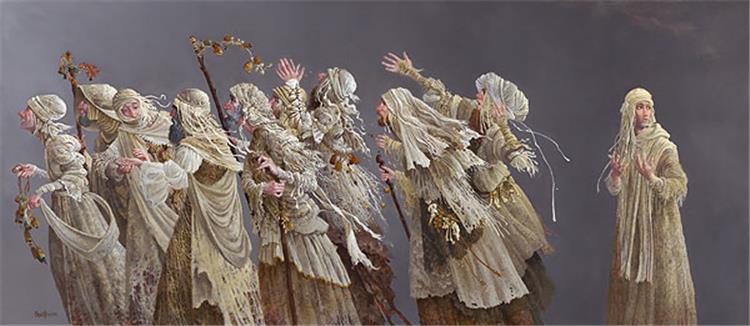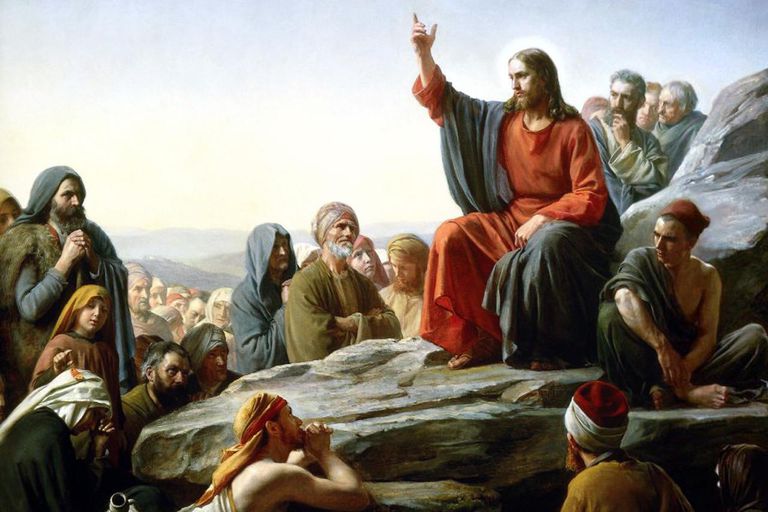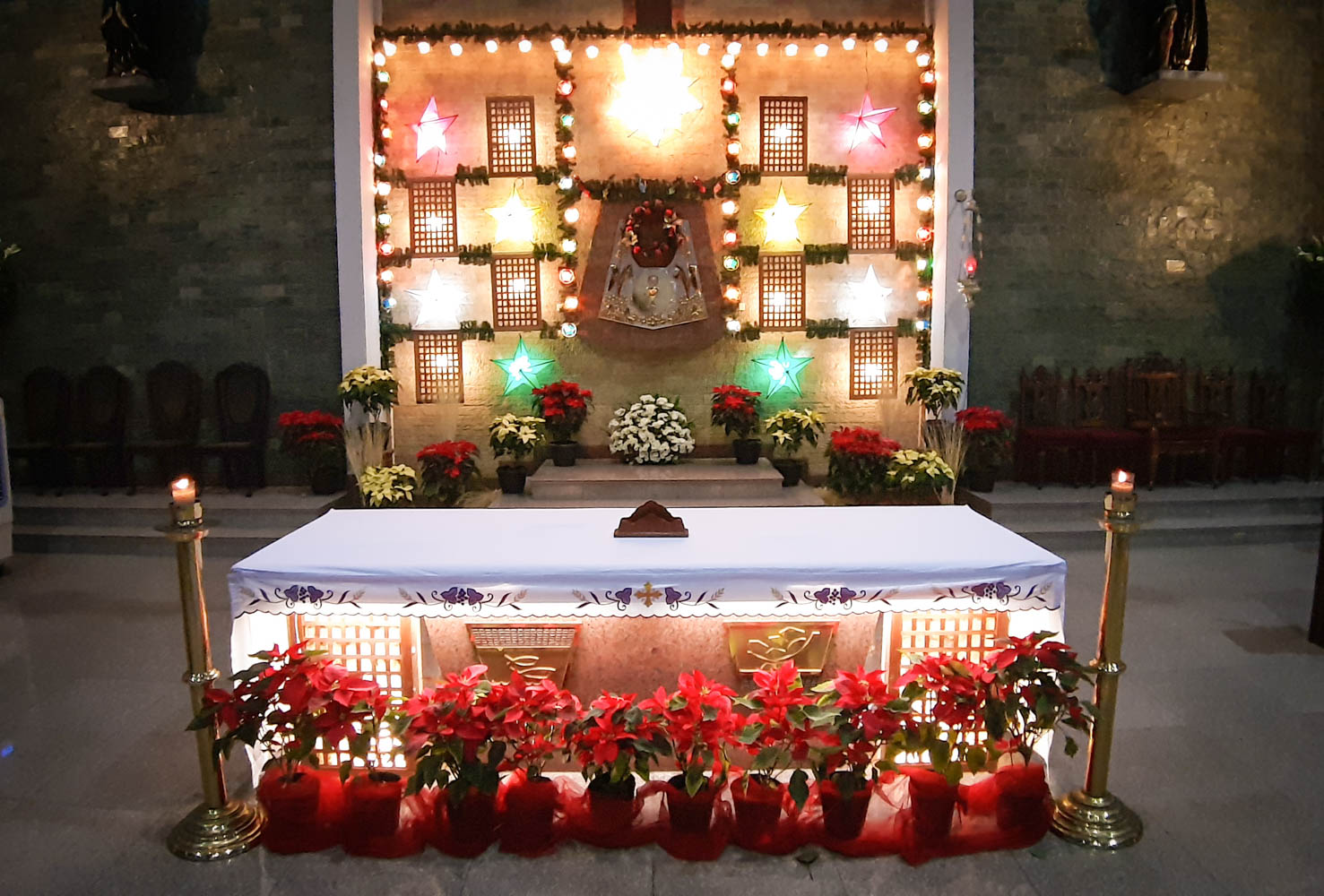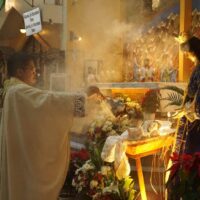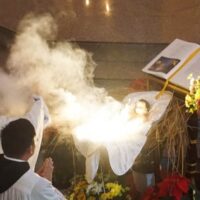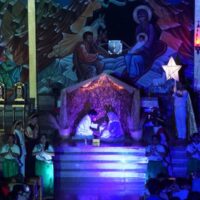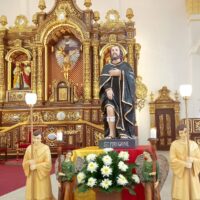In today’s gospel, ten lepers called out “Master” to Jesus and appealed to him for mercy – they all looked at Jesus as a healer. In obedience to Jesus’ command to show themselves to priests, the ten of them started to make their way and one of them, a Samaritan, realizing he was cleansed, returned, and fell at Jesus’ feet in thanksgiving.
Ten were healed, but how come only one returned?
To me, this is indicative of the maturity of faith one has – one that recognizes Jesus for who he is and makes a difference in the manner gratitude is demonstrated.
Perhaps news about Jesus’ bold acts of healing (in previous chapters, Luke mentions the healing of the crippled woman and the man with dropsy – both on Sabbath day) and his remarkable teachings reached the lepers and so when Jesus entered the village where they were, they met him and entrusting their condition to him, called out “Master! Have pity on us!” In Greek, this corresponds to epistata eleison. This is reminiscent of the liturgical prayer Kyrie, eleison or “Lord, have mercy.” Epistata, however, is less suggestive of the kyrios “lord” used as euphemism for YHWH in the Septuagint. As I see it, the way the lepers called Jesus “Master” then, is an indication that they refer to him as “authority,” which one would obey to receive what one seeks (all of them sought to be cleansed). So when Jesus told them to show themselves to the priests, all of them followed.
But again, only one returned to Jesus. Notice the actions of the Samaritan leper upon realizing he was healed – he returned, glorified God in a loud voice, fell at Jesus’ feet, thanked Jesus. Jesus went on to ask, “…has none but this foreigner returned to give thanks to God?” – referring to himself. The breakthrough in the Samaritan leper’s return is not only the realization that he was healed but also that the one responsible for it (Jesus) is God. Jesus is God. That made all the difference; that is why he was saved. We are saved only through Jesus, who is the way, the truth, and the life (John 14:6). This belief was also demonstrated in the way he prostrated himself before Jesus, in an act of thanksgiving. Here, he was worshiping God. Those who are truly grateful have hearts posed to worship.
For me, the gospel also gives a good reminder to those who receive healing (or any other favor from God) that they are restored to health (or received favor from God) not to leverage it for personal gain or to serve selfish interests but to glorify God. After all, we receive sanctifying grace so we can go back to God and lead others to God in our acts of service to them. Let us not also forget that it is in the Holy Mass that our worship is perfected – if we love those whom we claim to love, let us bid them to meet Jesus in the Holy Eucharist.
A reflection by Kring Loquias for the 28th Sunday in Ordinary Time from the October 13th 2019 issue of the Neo Jeremiah Voice of the Young Prophet Newsletter.
 Diocese of Parañaque
Diocese of Parañaque

